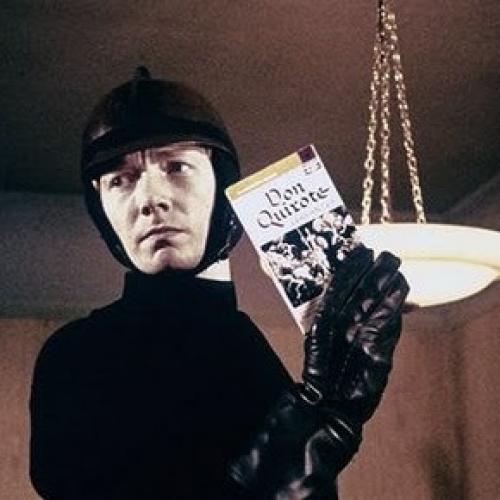In “Paper Versus Pixel,” Nicholas Carr’s excellent new Nautilus essay, he argues that print won’t be disappeared by 0s and 1s. The opening:
“Gutenberg we know. But what of the eunuch Cai Lun?
A well-educated, studious young man, a close aide to the Emperor Hedi in the Chinese imperial court of the Eastern Han Dynasty, Cai invented paper one fateful day in the year 105 A.D. At the time, writing and drawing were done primarily on silk, which was elegant but expensive, or on bamboo, which was sturdy but cumbersome. Seeking a more practical alternative, Cai came up with the idea of mashing bits of tree bark and hemp fiber together in a little water, pounding the resulting paste flat with a stone mortar, and then letting it dry into sheets in the sun. The experiment was a success. Allowing for a few industrial tweaks, Cai’s method is still pretty much the way paper gets made today.
Cai killed himself some years later, having become entangled in a palace scandal from which he saw no exit. But his invention took on a life of its own. The craft of papermaking spread quickly throughout China and then, following the Silk Road westward, made its way into Persia, Arabia, and Europe. Within a few centuries, paper had replaced animal skins, papyrus mats, and wooden tablets as the world’s preferred medium for writing and reading. The goldsmith Gutenberg would, with his creation of the printing press around 1450, mechanize the work of the scribe, replacing inky fingers with inky machines, but it was Cai Lun who gave us our reading material and, some would say, our world.
Paper may be the single most versatile invention in history, its uses extending from the artistic to the bureaucratic to the hygienic. Rarely, though, do we give it its due. The ubiquity and disposability of the stuff—the average American goes through a quarter ton of it every year—lead us to take it for granted, or even to resent it. It’s hard to respect something that you’re forever throwing in the trash or flushing down the john or blowing your nose into. But modern life is inconceivable without paper. If paper were to disappear, writes Ian Sansom in his recent book Paper: An Elegy, ‘Everything would be lost.’
But wait. ‘An elegy’? Sansom’s subtitle is half joking, but it’s also half serious. For while paper will be around as long as we’re around, with the digital computer we have at last come up with an invention to rival Cai Lun’s.” (Thanks Browser.)
Tags: Nicholas Carr

